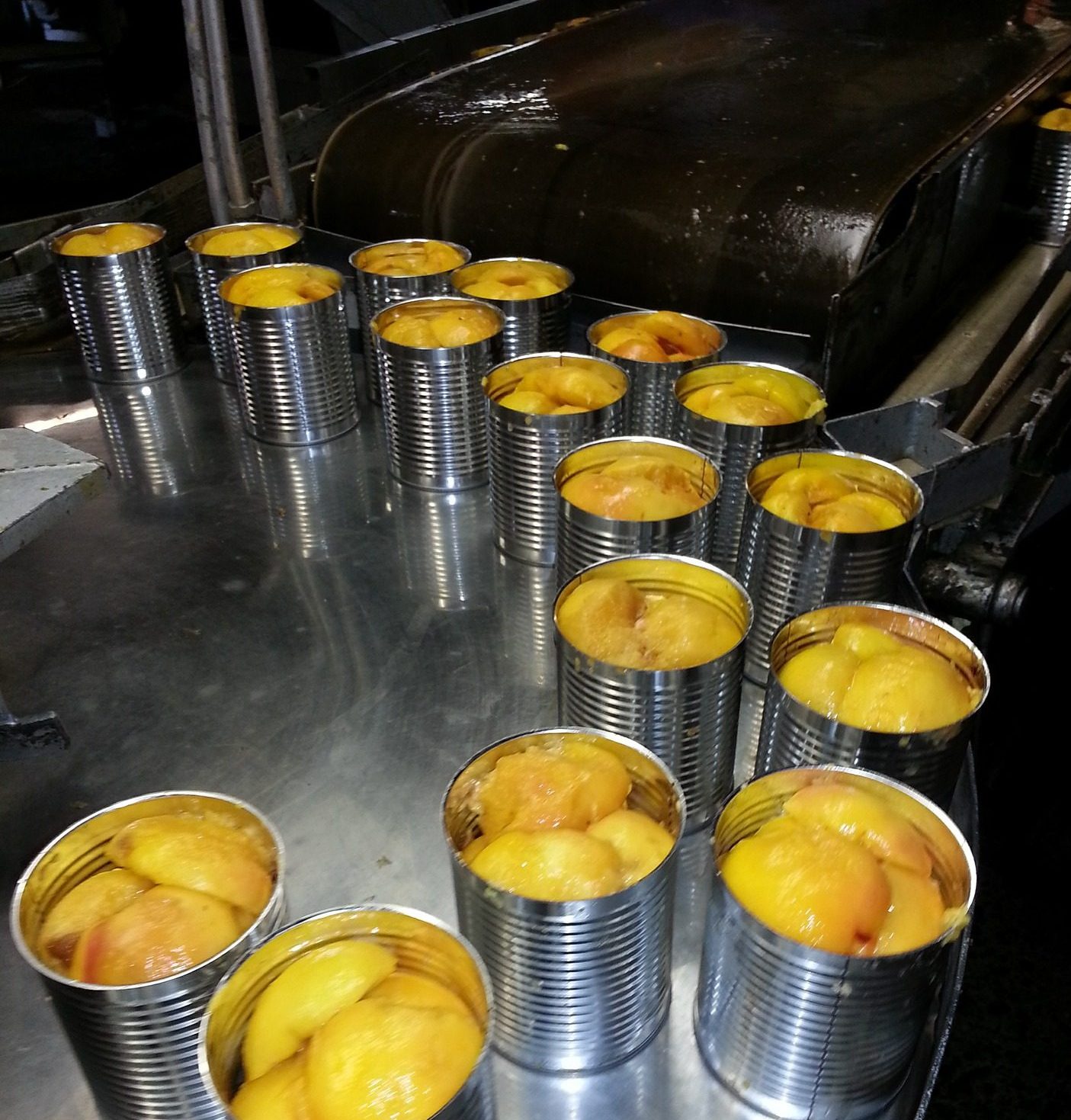The American Dream of Being Enough: The Story of Jean Nidetch, a Slim Entrepreneur

In 1963, patriarchal social structures in the United States seemed to be getting stirred up by female voices challenging the hegemonic imaginary woman, when Betty Friedan published her seminal book The Feminine Mystique. That same year, Jean Nidetch started a company helping women reduce their body weight: Weight Watchers, now called WW. By losing weight, as Marisa Meltzer argues in her book This is Big: How the Founder of Weight Watchers Changed the World (and Me) (2020), Nidetch “basically earned the American dream” (8) and then sold it as a commodity. Meltzer explains that “Jean had a Cinderella story for the ages. She was a maven and mogul who lost weight, spectacularly found her calling, and helped to create a national pastime and obsession that endures today” (276).…

